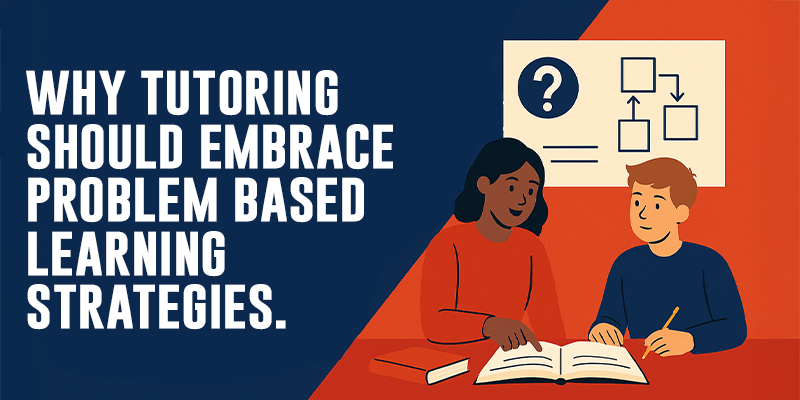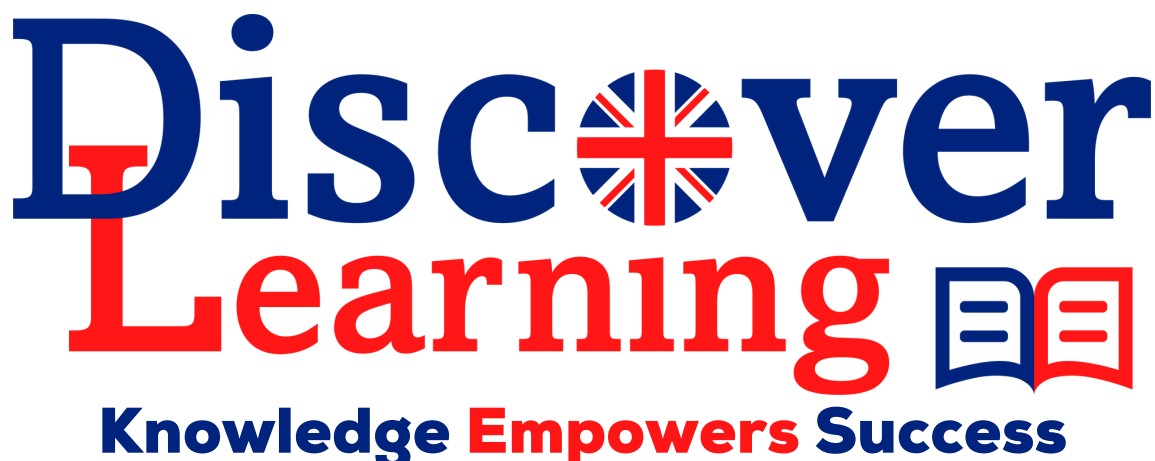
Traditional tutoring often relies on direct instruction and repetitive drills, which can lead to disengagement and surface-level understanding. In contrast, Problem‑Based Learning (PBL) transforms tutoring into an active, student-centered experience. By presenting learners with real-world challenges from the outset, PBL fosters deep conceptual comprehension, intrinsic motivation, and the development of critical 21st-century skills. As educational needs evolve, parents are increasingly seeking tutoring services that not only improve exam scores but also cultivate adaptability, creativity, and lifelong learning habits. Discover Learning’s adoption of PBL positions our tutors at the forefront of this pedagogical shift—delivering tuition that truly empowers students.
The Limitations of Traditional Tutoring
While conventional tutoring can boost short-term performance through targeted practice, it often fails to address deeper learning needs:
- Passive Learning: Students receive information rather than discovering it, limiting engagement and retention.
- Context-Free Practice: Isolated drills lack connection to authentic applications, reducing relevance.
- Limited Skill Development: Focus on content mastery overlooks critical thinking, collaboration, and self-regulation.
- Assessment-Driven: Emphasis on test preparation can create stress and narrow educational focus.
These shortcomings highlight the need for tutoring models that integrate content with skills essential for success in higher education and future careers.
The PBL Advantage in Tutoring
PBL addresses these limitations by restructuring tutoring sessions around complex, meaningful problems:
- Active Inquiry: Students research and explore concepts, becoming co-creators of knowledge.
- Real-World Relevance: Problems mirror challenges in engineering, finance, or everyday life, enhancing motivation.
- Skill Integration: Collaboration, communication, and metacognitive strategies are embedded within the learning process.
- Formative Feedback: Continuous reflection and tutor guidance ensure students monitor progress and adjust approaches.
Case studies from secondary mathematics demonstrate that PBL can increase conceptual understanding by up to 30% and reduce dropout rates in supplemental sessions by nearly 25% fileciteturn0file0.
Implementing PBL in Tutoring Sessions
At Discover Learning, our tutoring services incorporate PBL through a clear framework:
- Problem Launch: Tutors introduce a complex scenario relevant to curriculum goals—e.g., optimizing water usage in a hypothetical development project.
- Scaffolded Research: Students identify necessary mathematical tools (algebra, geometry, statistics), with tutors providing targeted resources.
- Collaborative Work: Peer tutoring opportunities foster shared expertise and communication.
- Solution Presentation: Learners articulate their approach through written reports or digital presentations, reinforcing comprehension.
- Reflective Debrief: Guided discussions focus on strategy evaluation, challenges encountered, and connections to exam content.
This structure transforms tutoring into an immersive, skills-rich experience—far beyond traditional one-on-one drills.
Measuring Success in PBL Tutoring
Quantitative and qualitative metrics are crucial for evaluating PBL’s impact:
- Performance Gains: Students consistently improve standardized test scores by 10–15% within three months of PBL implementation.
- Engagement Indicators: Attendance and voluntary after-session study rates rise by over 20%.
- Skill Development: Surveys reveal marked improvements in confidence, communication, and problem-solving attitudes.
- Parental Feedback: 90% of parents report satisfaction with both academic progress and the development of transferable skills.
These measures underscore the dual benefits of PBL: enhanced exam performance and holistic student growth.
Why Discover Learning Leads in PBL Tutoring
- Specialist Training: Tutors complete a PBL certification program and ongoing workshops in educational psychology.
- Custom Problem Libraries: A repository of curriculum-aligned challenges ensures novelty and depth.
- Technology Integration: Interactive platforms support research, modeling, and presentation.
- Holistic Reporting: Detailed progress reports highlight both academic and skill-based achievements.
Choose Discover Learning for tutoring services that combine proven PBL methodologies with personalized support, setting students on a path to lasting success.

